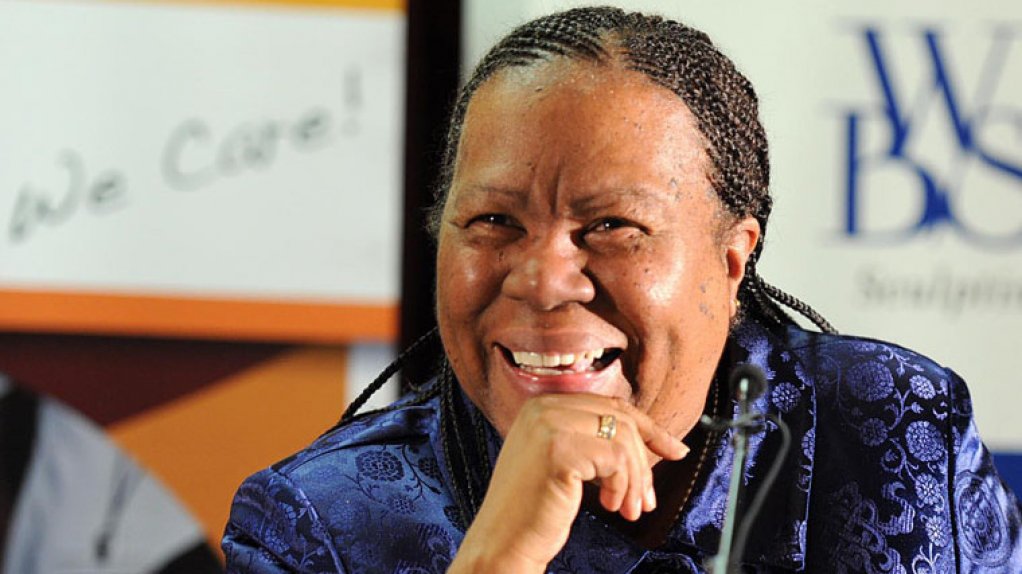South African Science and Technology Minister Naledi Pandor has called on academics in the humanities disciplines to help achieve the goals of the National Development Plan (NDP). She was delivering the keynote address at the Academy of Science of South Africa Humanities Conference, in Pretoria, on Thursday.
The theme of the conference was 'On Being Controversial: The Humanities Reach Out – Living the World, Reading the World, Understanding the World'. The Minister stated that this theme related well to the NDP. She added that the conference should be about “innovative and sustainable solutions for the myriad of problems that South Africa and the whole of humanity are grappling with”.
“While it is critical that we become globally competitive in science, technology and innovation, it is equally critical that we achieve a country that is more equal, more just, more humane,” she affirmed. She questioned the often held view that increased investment in engineering would lead to a weaker humanities sector.
“Many commentators seem to ascribe to government the responsibility for the decline in humanities. But, when we restructured the universities, it was the universities themselves that shut down language and music departments.” The government did not tell them to do it. She wondered why universities did not teach languages widely spoken in Africa, citing Portuguese and Swahili as examples.
“Many humanities graduates do not find it difficult to get jobs or start some kind of venture,” observed Pandor. She posed the question of whether the skills provided by the humanities could be spread more widely. Could the field attract more students to university and develop the skills the country needed? Were the humanities continuing to exclude the previously disadvantaged?
However, she cautioned the conference delegates not to be focused on “telling truth to power” and on adopting “self-congratulatory” attitudes. “Does power listen?” she asked, rhetorically.
“How are we shaping intellectual discourse at a rational and logical level?” she later queried. “We [South Africans] tend to talk in absolutes when it suits us, and we are very rarely as analytical as we claim to be.”
“There is a great deal of information poverty in our country,” pointed out Pandor. She expressed the belief that the humanities have a key role in developing insights into the country’s problems, including poor educational standards, inadequate and declining infrastructure and corruption. “Tomorrow can indeed be better than today!”
EMAIL THIS ARTICLE SAVE THIS ARTICLE
To subscribe email subscriptions@creamermedia.co.za or click here
To advertise email advertising@creamermedia.co.za or click here











